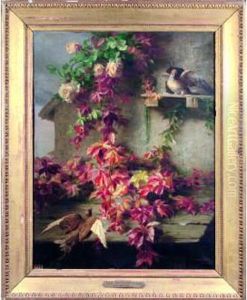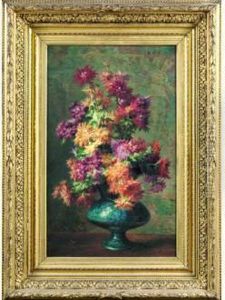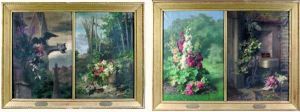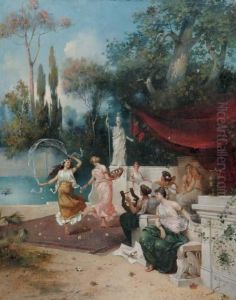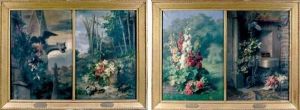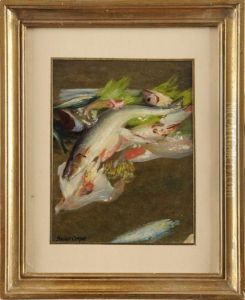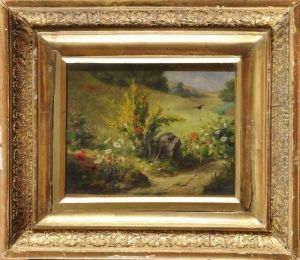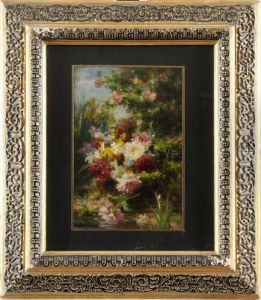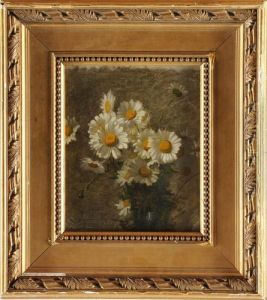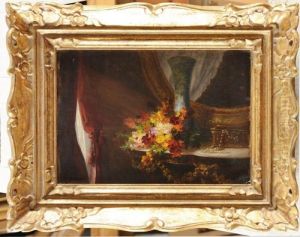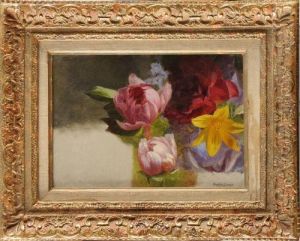Charles Etienne Corpet Paintings
Charles Etienne Corpet was a French painter and engraver, born in 1846 in Paris, France, and passed away in 1910. His work is notably recognized for its detailed realism and its focus on historical and allegorical subjects, reflecting the academic art traditions of the 19th century. Corpet received his artistic training at the École des Beaux-Arts in Paris, where he was influenced by the teachings of prominent artists of the time, such as Jean-Léon Gérôme, a key figure in French academic painting.
Throughout his career, Corpet exhibited his works at the Paris Salon, an annual art event that was the most prestigious art exhibition in France. His participation in these exhibitions helped him to gain recognition among art critics and the public alike. Corpet's artworks were celebrated for their meticulous attention to detail, vibrant color palette, and the ability to convey deep emotional and historical narratives through his paintings and engravings.
Despite his success, Corpet's work is less known today compared to his contemporaries. This is partly due to the shift in artistic preferences towards Impressionism and Post-Impressionism towards the end of the 19th century and early 20th century, movements that moved away from the detailed realism and classical themes that characterized Corpet's work. However, his contribution to French art during his time was significant, providing a bridge between traditional academic art and the evolving modernist movements.
In addition to his painting and engraving, Corpet was also involved in the restoration of artworks and historical frescoes, contributing to the preservation of French cultural heritage. His dedication to the arts extended beyond his own creations, evidencing a deep commitment to the artistic community and the cultural legacy of France.
Charles Etienne Corpet's legacy lives on through his contributions to the French art scene of the 19th century, his skilled craftsmanship, and his dedication to the preservation of art and culture. Despite the overshadowing fame of his contemporaries, Corpet's work remains a testament to the rich history and tradition of French academic art.
